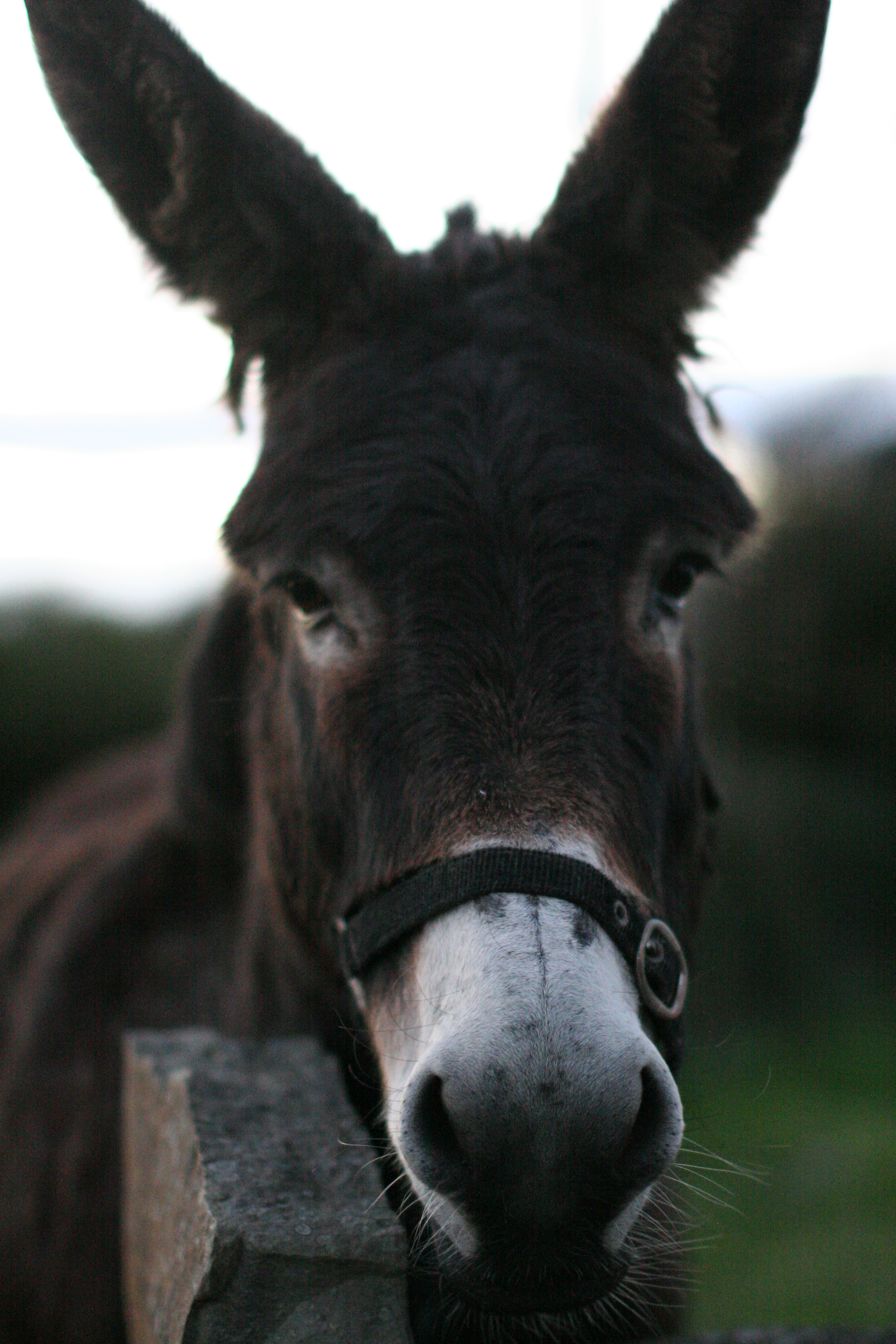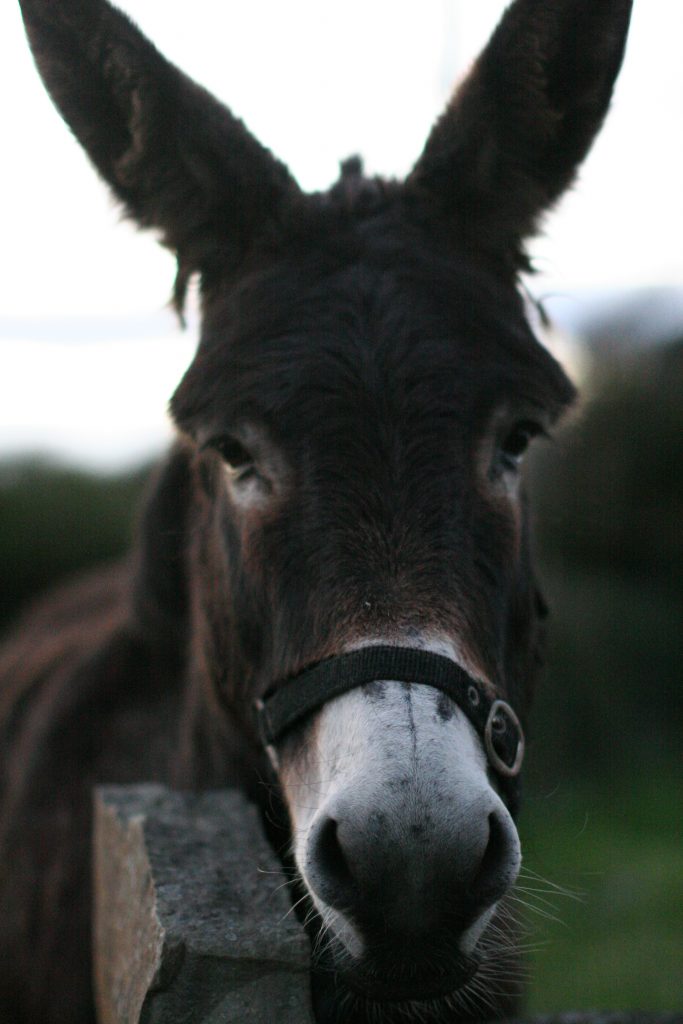Control. The ultimate illusion. And yet one to which we are all addicted, or at the very least, conditioned. It is the great self-deception of which most of us are guilty. It is a mind game. We are merely toddlers who have learned how to walk straighter and grip tighter.
None of this should sound unduly negative or cynical. It is certainly not meant to. I write as someone who has always been greatly attracted to control and who continues to live a life built around notions of mastery and discipline and ownership of self. It is present in how I behave in all my relationships. I have put things in place in my day-to-day routines that encourage and nurture it. In my emotional and mental landscape I have tried to embed pillars of dependability, touchstones that guide me along life’s path, that equip me to better deal with the obstacles that can block my way.
But does any of it change actual, real, present reality? I doubt it. It is highly unlikely that any construction I have conceived and erected has any impact on external events or the behaviour of other people. The only one ever affected is me. And even then, the effect is one of perspective, one of response, one of self-conditioning. And that in itself can be somewhat distancing and alienating.
That attempt at self-control is a type of self-objectification. It is the stepping out of oneself or the stepping aside from oneself. It is a type of self-observation that can occupy the space between stimulus and response. An ante-room perhaps, where analysis, conclusion and action are processed. That delay, or that evident processing, can be misunderstood or invalidated as being less human, as it removes certain elements of spontaneity or impulsiveness – it mitigates against a less controlled reactiveness. The implication of that position is that to be more human is to be messier, to be more in the moment, to be more open to jumping into the freefall of life.
I am not advocating either way. I know I prefer the path, as illusory as it might be, of control. That is a better fit for me. Routine, discipline, consumption of all things in moderation, the abstinence, removal and refusal of certain things and people, and the regular inventory of thoughts and feelings all contribute to a greater sense of power and wellbeing.
Power over what, it might be asked. Well, over myself. Which is about as simple and as difficult as it gets. That is the daily challenge of quieting the brain and resisting the rule of emotions. It is the battle of peaceful resistance against internal and external unrest. It is the attempt not to spin off the face of apparent sanity, of temperance, of resolution. It is the attempt to be a stable agent in the ever-changing chemical experiment that casts me as husband and father. If I can exercise that power successfully, it is a type of control that I welcome because it leaves me feeling less vulnerable, less surprised, and less fearful.
But I do that dance while acknowledging that so much is beyond my control. I do that while recognising how easily derailed I can be by how I am treated by my wife and daughter. The fluctuations of their worlds can instantly knock me into a different orbit. And not just them, but anyone I care about. To care is to put yourself with someone else. It is to open a channel between you through which part of you travels. And that can be a partitioning of self, or even a dissipation of self. That can be a great thing when it steers one away from self-absorption, but a bad thing when it diminishes the capacity for self-care. But that is so central to being a part of meaningful human groupings or relationships.
The avoidance of others is a way to disengage from those groupings and relationships and that can be a way to assure more control. The removal from society can be both a passive and active thing. When it is passive it is something that is done to you and usually involves some form of incarceration, but when it is your choice (and not a response to extreme social anxiety) it can be something rigorously ascetic, a hermitic act of denial or self-sacrifice as epitomised by the cliché of the trainee monk, who dispenses with worldly pleasures the better to concentrate on the spiritual life. But what salvation can be found there?
Is the embrace of the spiritual just an admission that the material world is far too unwieldy to bring to heel? An admission that the real world cannot be tamed, will not be commanded, and has no intention of ever sitting submissively by your side? Is the contemplation of existence in the abstract a comfort to our frazzled souls? Or is it just a mind game that allows us to believe we can lower an intellectual cage over that which can never be caught – the meaning of life? And is the pursuit of that answer a slippery slope to madness? A daft, vainglorious tilt at windmills?
In Michael Cimino’s 70s movie The Deer Hunter, Robert De Niro’s character Michael is arguing with his friends before setting out on a hunt. He is coldly furious with one of them, the brilliantly shambolic John Cazale, for forgetting his boots, and proceeds to espouse his own philosophy of absolute self-reliance. Holding up a bullet that he is about to load into his rifle he addresses his friend -“Stanley, see this? This is this. This ain’t something else. This is this. From now on, you’re on your own.” In its aphoristic sparsity, in its almost meaningless obviousness, it is almost comical.
But in the context of the story and the character, it takes on more significance. The bullet, and its successful discharge, is the difference between living and dying. It is the difference between execution and mercy. Michael is the best hunter in the group, and clearly a solo operator, the alpha, the leader. He and two of the other friends are about to go to fight in the Vietnam War, and their experiences there will be devastating. Michael’s ‘this is this’ declaration is therefore painfully prescient and simultaneously indicates his morbid conviction and his helplessness to change their respective fates, where bullets will feature to chilling effect.
“This is this. This ain’t something else. This is this.“
An attempt to assert an absolute. An attempt to define something irrefutably. Zero sum. Black and white. Positive versus negative. Anti-ambiguous. Concrete. Definite. Certain. It is a mantra of control. It is ‘I know‘, not ‘I think‘. And maybe with something as hard and undeniable as a bullet, that type of certitude is more likely. But I wonder if that flex of control is somewhat more elusive when applied to to the broader experience of our lives. I wonder if it doesn’t become much more than an existential gamble, a roll of the dice, a stab in the dark?
If we stop for just a second and try to grasp all the variables, the multitude of what ifs and maybes, the infinite number of other possibilities determined by every slight variation of luck and chance and happenstance. The exquisitely different vibration of each human moment, of each human action, of each strike of the drum stick. The sudden rushing in of the realisation that we are specks of animated carbon flickering intermittently on a planet that never stops spinning, never stops moving, never stops repeating. There is a certain helplessness to our position, to our very being, that might admit the entrance of humility. It might allow us to to laugh at the absurdity of self-importance. It might prompt us to raise an eyebrow at the imposition of our terrible self-seriousness. It might make us want to sit down for a moment to gather ourselves.
I am thinking of Simone Biles and her recent withdrawal from participating in her gymnastic events at the Tokyo Olympics. She has come to epitomise the apex of physical human perfection and execution in an athlete of her sport. Poise. Balance. Power. Precision. Strength. And control. To do what she does, what she has done, requires extraordinary control. Physical, mental and emotional. But she has revealed that leading up to the Olympics, she was experiencing what are known as ‘twisties’, which is the phrase gymnasts use to describe the complete loss of their bearings whilst in mid-air. The results can be calamitous, as their sense of where they are and where they should end up and how to manipulate their body to achieve those ends, completely desert them. Biles has suggested that the pressure she was experiencing to continue being the ‘Greatest of All Time’ contributed to this loss of confidence, this loss of control. She admitted she could no longer apply the required mind game that allowed her to compete at the highest level.
It was an admission of gravity. It was an admission of humanity. It was an admission of frailty. And the consequent outpouring of love and support has shown her that she is valued for her honesty as much as for her sporting achievements. Many of us may have wanted Biles to continue spinning in infinity in endless parabolas of pristine movement, but she wanted to be allowed to be still for the first time in her sporting life. She wanted a bit of control, as if saying – “Let the world turn, I’m going to sit right here.”
I applaud her. The control may be illusory, it may be temporary, it may not be fully real, but it is an attitude, a stance, a position, a conscious stepping out of the chaos. And sometimes that’s all we’ve got.

Are you a control freak or are you happy to go with the flow? What do you think you’re in control of?



